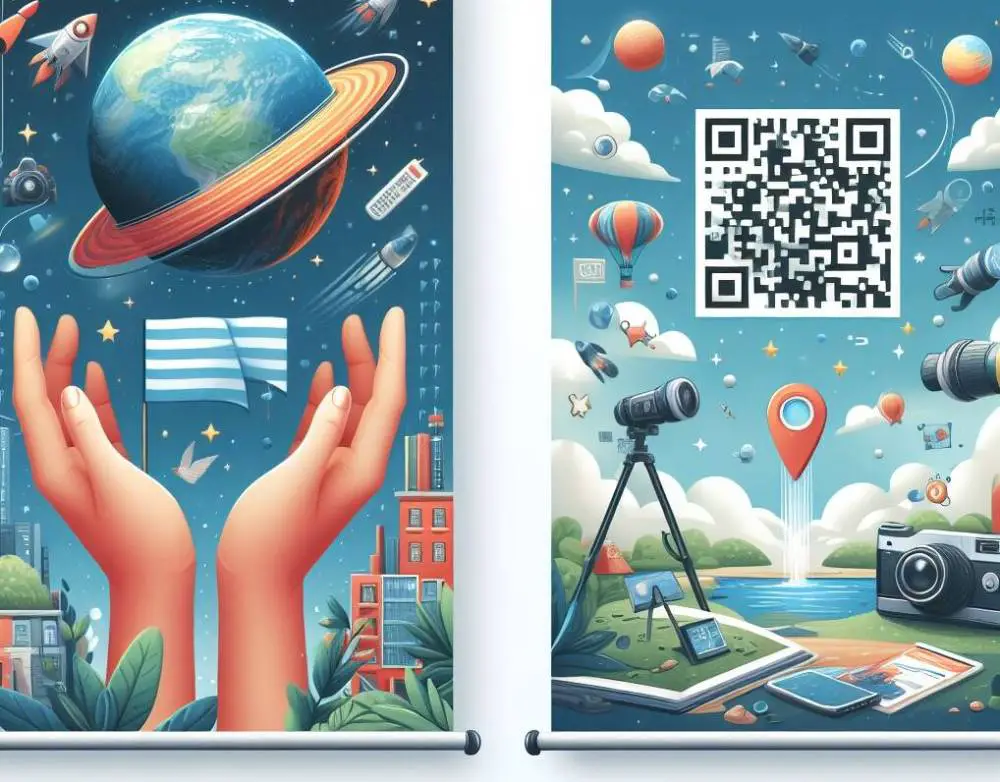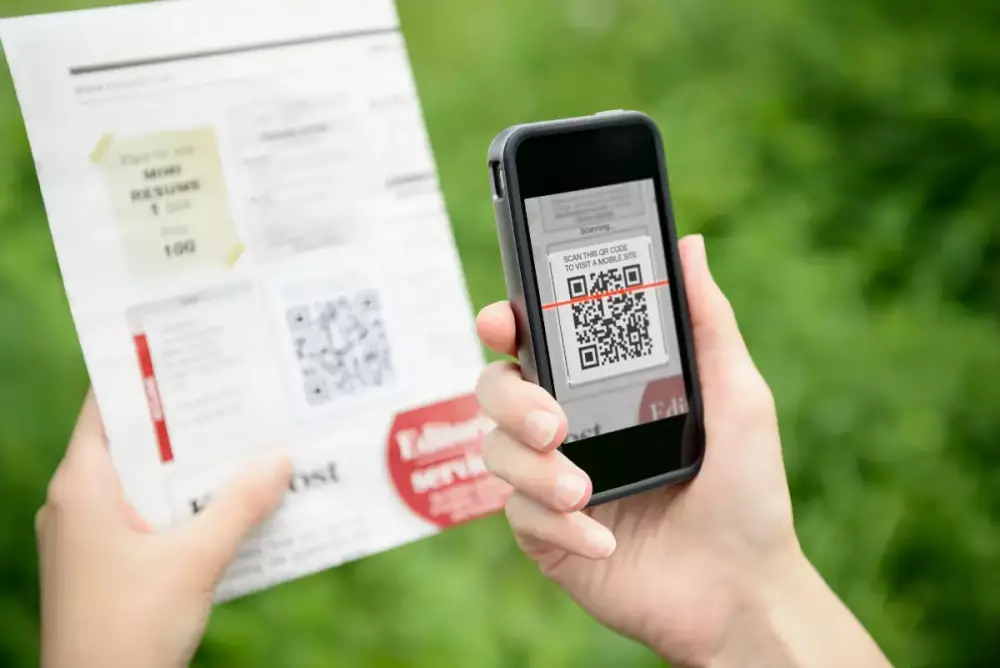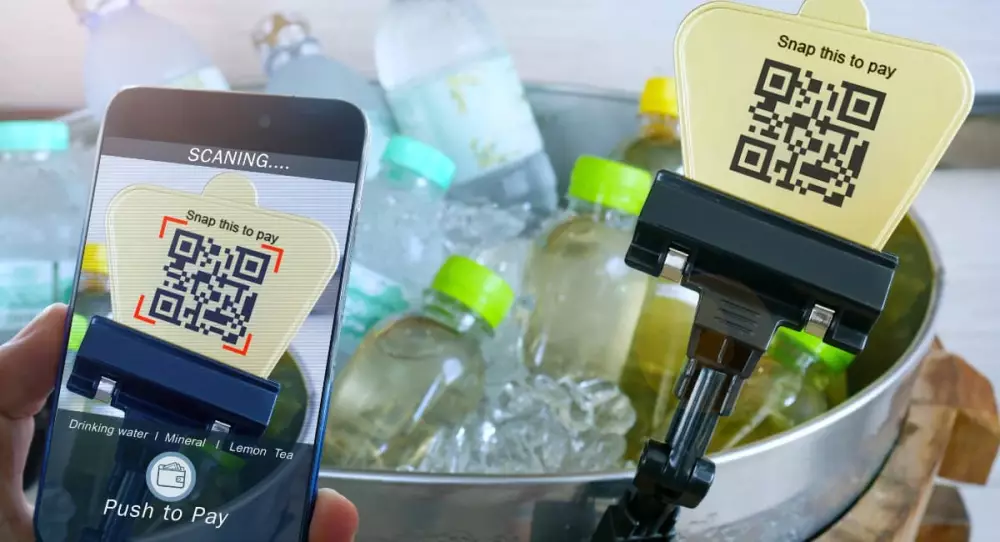In the ever-evolving landscape of technology, QR codes have emerged as versatile tools that transcend their initial purpose of inventory tracking. Today, these square-shaped patterns of black squares on a white background are revolutionizing the travel industry, offering convenience, efficiency, and enhanced experiences for both travelers and service providers.
Contactless Check-ins
QR codes have simplified the check-in process for travelers. Instead of waiting in long lines or dealing with cumbersome paperwork, many hotels and airlines now provide QR codes that guests can scan upon arrival. This contactless check-in not only saves time but also minimizes physical contact, aligning with health and safety protocols, especially in the wake of global events like the COVID-19 pandemic.
Electronic Boarding Passes
Gone are the days of fumbling through paper tickets at the airport. QR codes have replaced traditional boarding passes, making the entire boarding process smoother and more efficient. Passengers can now simply scan their electronic boarding passes from their smartphones at various checkpoints, streamlining the boarding process and reducing paper waste.
Digital Itineraries
QR codes have made it easier for travelers to access their itineraries and travel details. Tour operators and travel agencies often provide QR codes that link directly to personalized digital itineraries, including details about flights, accommodations, and scheduled activities. This ensures that travelers have all their essential information in one accessible digital format.
Attraction and Activity Access
Museums, tourist attractions, and even restaurants are leveraging QR codes to enhance the visitor experience. Instead of waiting in line to purchase tickets, visitors can simply scan a QR code to gain entry. Additionally, interactive exhibits and audio guides often use QR codes to provide additional information, creating a more immersive experience.
Travel and Safety Information
QR codes are also utilized to provide travelers with up-to-date safety information, travel advisories, and emergency contacts. Governments and travel agencies can distribute QR codes that link to relevant websites or documents, ensuring that travelers have the latest information at their fingertips.
QR codes have undoubtedly transformed the way we travel, offering a seamless and efficient experience for both tourists and service providers. As we continue to embrace digital innovations, the integration of QR codes into the travel industry reflects a positive shift toward a more convenient, contactless, and technologically advanced future. So, the next time you embark on a journey, keep an eye out for those square patterns – they might just be the key to unlocking a more enjoyable and hassle-free travel experience.




